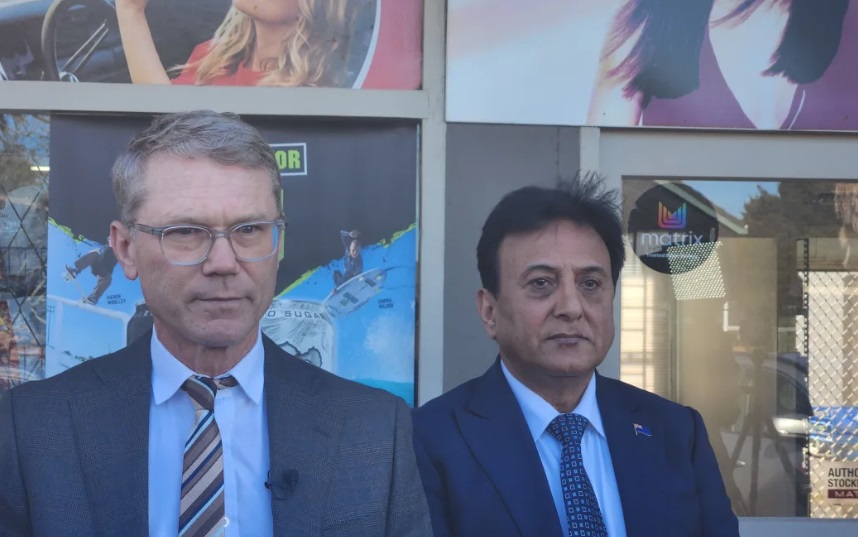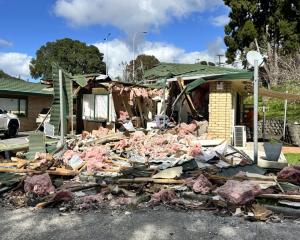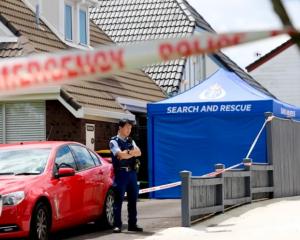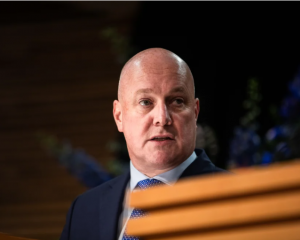
Justice Minister Paul Goldsmith and Associate Justice Minister Nicole McKee made the announcement at a dairy in Auckland's Ellerslie on Thursday afternoon.
Goldsmith said it was budgeted to cost about $1.8 million a year for at least two years, largely paid through the proceeds of crime fund.
The group would "engage directly with victims, workers, business owners, retail experts and advocacy groups over the next two years to provide the government specific proposals to address urgent challenges in retail crime," he said.
"New Zealand has seen an exponential growth in retail crime over the past five years."
He said he wanted the group to look into matters like using security cards, enabling business owners to legitimately defend their property, and the potential for using facial recognition.
"We're open to proposals and we want this group particularly to do the policy work to come up with suggestions in that area quickly ... we want to get things done faster, to go further, in the retail crime space."
Asked what he expected the group would provide of value on top of the other advice the government would receive, Goldsmith said they wanted specific proposals around those issues.
"It's not a question that the advice has been unsatisfactory, it's just we have so much going on in the justice space already dealing with the pipeline of work that we've already committed to, we've also made a commitment around stalking laws, and so what I want this group particularly focused on is this retail space."
McKee said the government was running a "targeted expression-of-interest process" to ensure the right combination of skills and experience, and they had already appointed Dairy & Business Owners Group chair and Crime Prevention Group president Sunny Kaushal to lead it.
"He brings a wealth of experience already," McKee said. "I look forward to the insights the advisory group will bring and trust they will provide evidence-backed suggestions and recommendations to support victims and stop offenders.
"We are committed to restoring law and order to New Zealand and ensuring that every Kiwi feels safe in their home, business, and community."
Goldsmith said he was expecting the first suggestions in the next few months, but Kaushal was even more ambitious: aiming for something within weeks.
"Kiwis will be the best judge what we are doing ... every crime costs the taxpayers, at the end of the day," he said.
McKee said the group was an important initiative she was proud to support.
Indian business owners continued to express frustration this month over the government's progress in tackling retail crime, after the coalition's latest quarterly plan.
They said the situation had gone from bad to worse, with offenders shifting from ram raids to aggravated robbery.
They had called for urgent law changes, and amending self-defence laws in line with Australia's federal law.
Goldsmith rejected suggestions setting up the group was a reactionary move, saying it had been in development for "a number of months".
The government was expecting to have another four or five members on the advisory group, he said.
He rejected the suggestion having the group set up would curb the criticism from the groups Kaushal belonged to.
"No, only simply that we want to have a particular focus on retail crime and that has been an area where there's been significant increase over the past few years and we want to have a strong spokesperson in this area pushing us hard.
"We're quite ready to accept that Sunny and his group will make us quite uncomfortable as a government because they'll be pushing us very hard. And we're up for that because we know change has to happen."














